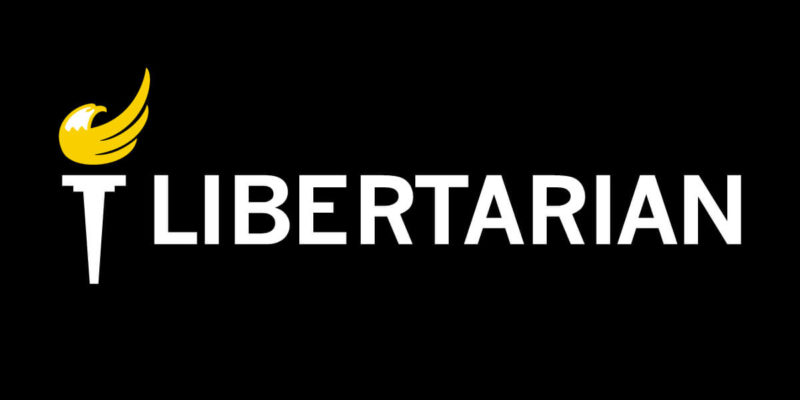Often, Libertarians are faced with difficult issues to explain, as the commonly-used terms to describe government action, and to a far lesser extent, inaction, sound so non-threatening or even pleasant. Social Security, defense spending, public schools, and helping the poor sound innocuous enough, but Libertarians see that those terms often mean entitlement spending, war-mongering, poor education, and forced giving. The only way to have a conversation where the Libertarian position is accurately portrayed is when we change the debate. Changing the debate does not mean ignoring the “tough questions” to focus on campaign rhetoric, but rather using terms that accurately describe issues and solutions. To that end, let’s examine a recent post by the folks at Downsize DC, focused on changing our lexicon by using words that ACTUALLY mean what they say, rather than the focus group-approved, pleasant-sounding language used by those wishing to grow the size of government, regardless of whether they play for the Red Team or the Blue Team.
People constantly use these terms . . .
- The Public Sector
- The Private Sector
I want to argue that these terms are deceptive, and cause mischief in the mind. I think we should stop using them entirely, and instead depict the distinction in the following way: “The Voluntary Sector vs. The Coercive State.” Here’s why . . .
The word “public” is mostly used when referring to anything involving The State.
The word “private” is always used in reference to the rest of society.
But does this really make sense? Private has a connotation of “walled off” and “exclusive,” but in fact nearly all private businesses are open to the public, and access to so-called public institutions is often more restrictive than it is for so-called private property.
By adopting the words “voluntary sector” to more accurately describe what is most often called the “private sector” and “the coercive state” to more accurately describe what most call “public sector,” we can change the discussion about what people mean when they talk about involving the “public sector” in the affairs of the “private sector.” Read the post by Perry Willis in full here.

